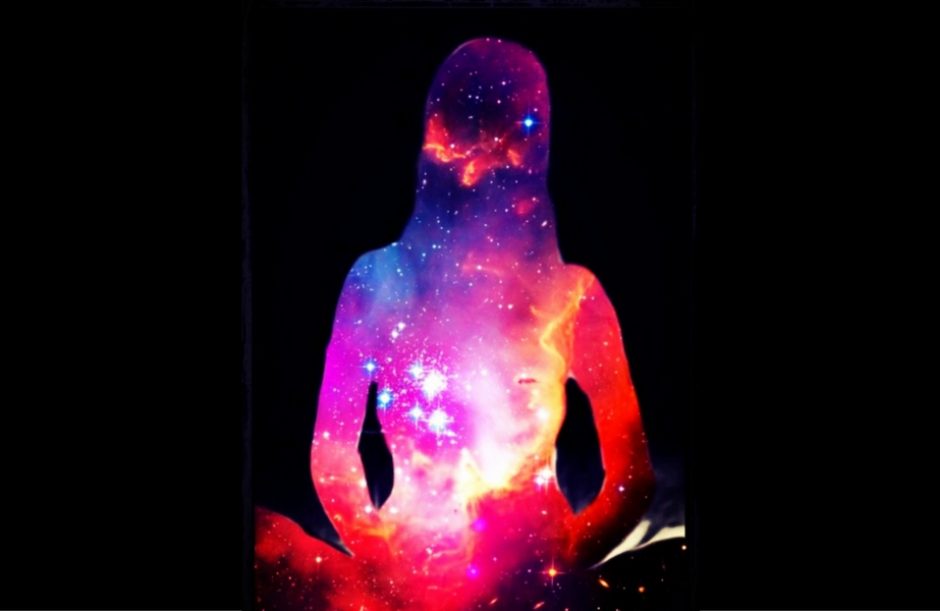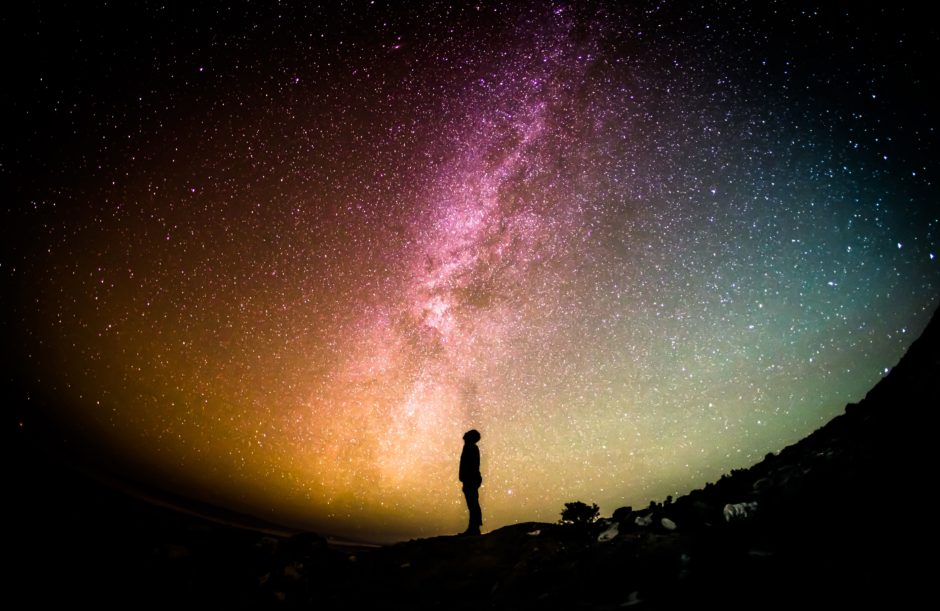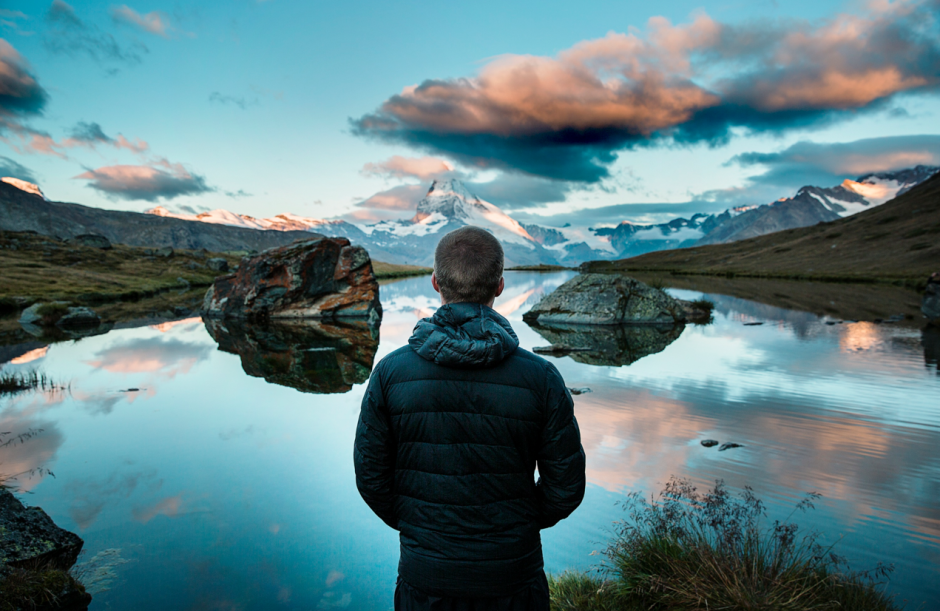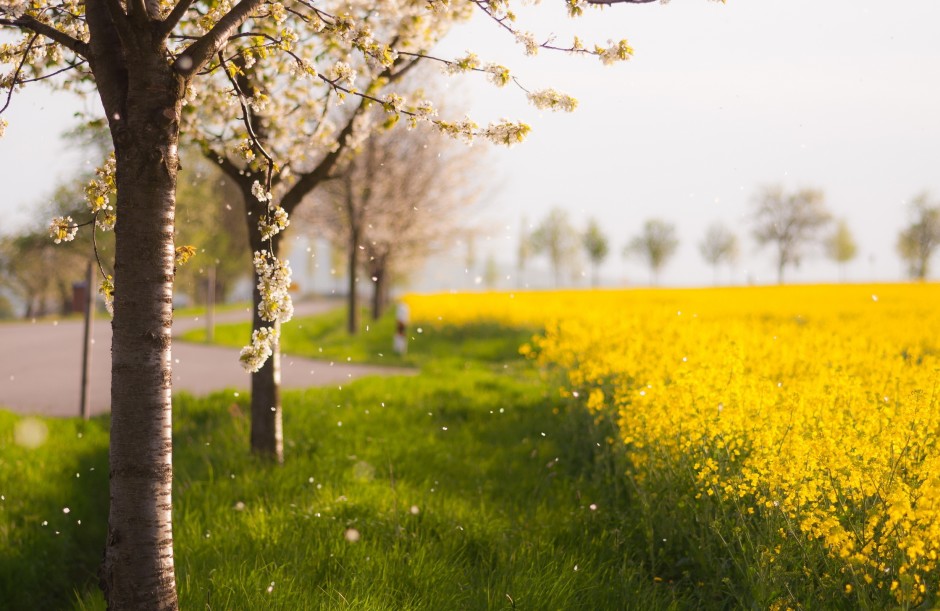Dear community,
After months of interviews and editing, here’s my latest article. I wrote it for the magazine Psyched in SF and it was republished in the Huffington Post. It’s an in-depth look at how psychotherapy can help stop global warming and other destructive forces on our planet, and it’s for therapists, clients or patients, and potential clients or patients. In my opinion, it’s both juicy and packed with well-timed wisdom. To get it, click on either link or you can read it here. Thank you to all the amazing contributors!
Jared
Link to the original article as it appears at Psyched in SF
Link to the republished version as it appears in the Huffington Post
It seems to me that most psychotherapists are, like most people, just beginning to wake up to the dangers of climate change. More and more of us are starting to grapple personally and professionally with how we can help humanity transition to a life-preserving and truly sustainable society. To help us along, I asked 20 psychotherapists this question: How can psychotherapy help stop global warming? My intention was to spark a conversation. So I hope you read the following short, deeply compassionate, cutting-edge answers, consider the question yourself, and talk about it with others. (And by “you” I mean psychotherapists but also clients, patients, and anyone who gets that tending to the inner world is necessary if we are going to successfully tend to the outer world). I believe that psychotherapy can play a pivotal role in this epic transition, but only if we bring enough attention, open-mindedness, and heart to the table.

How psychotherapy is already helping
In order to stop climate change, all of humanity will need to face painful emotions, recognize unconscious patterns of thought and action, let go of familiar yet harmful behaviors, shine a light on shadowy destructive tendencies, overcome denial, and shed resistance to interconnectedness and relationship. Amazingly, these are the same goals of psychotherapy. As people makes these shifts individually, we can heal ourselves and the planet collectively.
-Carson Brown, M.D., Psychiatrist
In order to help stop global warming, humanity needs to be emotionally equipped to face such a daunting and overwhelming challenge. One of the greatest benefits of psychotherapy is learning how to be with what’s difficult. This means developing a greater tolerance for uncomfortable thoughts, emotions and even physical sensations, which increases resilience and the capacity to face life’s challenges.
Psychotherapy can also increase our ability to feel compassion, not only for our own suffering, but for that of our planet and the future of humanity. Therapists play a vital role in teaching people how to move beyond the denial, fear and helplessness that global warming often sparks, into compassion, acceptance and much-needed action.
-Meredith Singer Garcia, Marriage and Family Therapist
I believe that psychotherapy can be a part of an awakening process for a person to become more connected to their self and feelings. The more we are connected to ourselves in a caring and empathic way, the more love and care we can extend to our relationships to people, animals and the earth.
-Hannah Milan Gottsegen, Marriage and Family Therapist
When someone is suffering internally, whether consciously or unconsciously, it is a very consuming experience. How can you summon energy or motivation to look beyond your immediate self if you are overwhelmed by pain? Something changes, though, as your wounds are healed; more internal space opens up. From this space, you can connect more deeply to yourself and you simultaneously begin to notice the environment around you – people and the earth, too. Psychotherapy can catalyze this chain reaction that moves us from our own healing towards a desire to heal the earth. It is quite a direct link.
-Yael Melamed, Marriage and Family Therapist
Global warming is a deeply complex problem that humanity is facing. It is an issue that challenges us to come together for a common goal, to bridge differences, to look deeply into what is best for ourselves, our children, and humanity as a whole. Psychotherapy helps individuals and groups of people look at themselves with greater awareness. With awareness, change can take place. New choices can arise as one confronts their inner reality and peels back the layers of one’s awareness. It can be easy to avoid painful truths and self-medicate with the pleasures of the modern world, but this only contributes to global suffering. Humanity is at a crisis point. Hitting bottom doesn’t seem like an option in our case and psychotherapy can help us let down our defenses, build trust, find commonality, and join together in hopes of healing the collective psyche or soul of our planetary crisis.
-Rob Schene, Marriage and Family Therapist
Psychotherapy is about slowing down, treating ourselves with more compassion and defining what we value. This goes hand and hand with taking time out of our busy lives to be simultaneously self-compassionate and brave enough to face the impact of our daily living that is causing global warming.
-Rose Schweig, Marriage and Family Therapist

Psychotherapy reimagined
First and foremost, I encourage all of us to go outside each day and be grateful – to use nature as a place to re-source and re-connect. As we stay connected and grounded and live our lives in integrity people will naturally be attracted and want to know more. As clinicians, we can use our role to educate and inform people about global warming through teaching nature as resource. It’s a place to ground, energize, relax, enjoy and breathe our love back into the planet. Honestly, I think the more that therapists can help folks get out of their story, off their sofa and back into the natural flow that exists on our planet, the more we can make the changes we wish to make… first on a personal level and then with other folks too… until we’re walking in integrity and the symptoms of an out of balance life will lessen.
-Syntha Lorenz, Marriage and Family Therapist, Clinical director of the Marina Counseling Center
Psychotherapy can make several important contributions to the issue of global warming. By encouraging people to listen to and trust themselves, psychotherapy empowers people to act in accord with their integrity. Our deep integrity is concerned with much more than the little me; it is interested in wholeness. Psychotherapy also helps people to shed their limiting stories and engage more fully in their lives, which may involve political action, if this is their inclination. In addition, psychotherapy helps people be in touch with their genuine feelings, including compassion for our fellow human beings who are acutely suffering the impacts of global warming, along with those beings with more fur and feathers than we have. Finally, psychotherapy can help people move past anger and despair and constructively engage and confront those individuals and institutions that are in resistance, doing so in a way that avoids unnecessary polarization. In sum, psychotherapy can help us face reality – the facts on the ground – and develop the inner resources of kindness, clarity, and courage to meet this new and extraordinary collective challenge in a truly creative way.
-John J. Prendergast, Ph.D., Psychotherapist, retired professor of psychology, and author
Human connection and our connection to the plants, trees and the earth was easier 150 years ago. We were all dependent on each other for survival, side-by-side, hands deep in the wet soil, sowing the field, borrowing milk, carrying for sick children together, etc. Today capitalism, the decline of agrarian societies, and technology has pushed the independence-pendulum so far that we are ill – mentally and physically. Psychotherapy is one of the few places left where human animals can go to rediscover connection to ourselves, to each other and to the earth. There is little motivation to act on behalf of global warming and the earth unless we feel, in our bones, how much connection matters. Beneath our intellectual prowess and false sense of indestructibility, we are dependent animals who need each other and the earth physically and mentally. Therapy wakes people up to this vastly failing “cult of independence” by helping us re-experience ourselves in connection and that connection makes it virtually impossible not to take action.
-Traci Ruble, Marriage and Family Therapist, Clinic director at Psyched in San Francisco
As therapists we can validate in a strong tone that, “Yes, we are in a climate crisis and YES what you are feeling is real.” Many of my clients come to me ashamed of or shy about what they are experiencing regarding the planet. I tend to work with them in the same way that I treat people with suicidal impulses. When someone says they are suicidal I take it very seriously and this in turn is very validating for them. Similarly, when I really listen to and validate the emotions of fear, helplessness, anger, and shame in clients who are struggling with the climate crisis, they usually discover an incredible amount of potency and power within themselves to heal and ultimately contribute to the betterment of the world.
-Erin Selover, Marriage and Family Therapist
Therapy can play a pivotal role in helping people wake up to our situation. Therapists are known for supporting people in their grieving processes. So they can be a huge support as clients face “the inconvenient truth” of global warming and help their clients catalyze their grief into constructive social action – not so much for political purposes but as a means of empowerment in the face of overwhelming externalities. As clients see their interconnectedness with the climate, and by extension with the rest of nature, they can then also gain increasing access to all the resources that come from belonging to the web-of-life. The unconscious yearning of mainstream America for such a relationship was well demonstrated by the tremendous box office returns of the hit movie “Avatar”, where the “alien” planet was inhabited by a race of people in deep communion with all the sentient, articulate, beautiful beings of their world. Earth is this planet, and as we awaken to the possibilities for connection and belonging, incredible opportunities emerge for addressing global warming and all manner of socio-ecological issues.
-Dave Talamo, Marriage and Family Therapist, Founder of Wilderness Reflections

Individual and collective transformation go hand in hand
Global warming is caused by an economic and political system that is based on the exploitation and domination of humans and the natural world. Global warming, along with a host of other ecological horrors currently underway, will not be stopped and reversed without radical economic and political restructuring. That being said, this relationship of exploitation at the macro-level has its mutually reinforcing parallel at the micro-level where individuals inhabit relationships characterized by neglect, abuse, and exploitation, not only between individuals but also in how individuals relate to themselves and their own bodies. It is at this level that therapists can help individuals, couples, and families begin to cultivate awareness and compassionate action to help transform inter-generational patterns of abuse and neglect to ones of respect and mutual aide. By helping individuals tune into and meet their own needs and the needs of others, psychotherapists can help shift the cultural ideal of the individual as an autonomous, self-interested, rational actor to one of an individual as an interconnected, care-taking and compassionate actor. With luck, this new ecological self may have the resilience to transform our current system into one that is both compassionate and ecological.
-Michael Glavin, Marriage and Family Therapist
Psychotherapy is in large part about learning to love and accept oneself. Loving oneself is a political act. It has profound ripple effects. As each of us feels more resourced and at peace internally, we are much more able to turn outward and act lovingly, abundantly, generously in our interactions with other people and with the planet.
-Rochelle Greenhagen, Marriage and Family Therapist
Individual and collective transformation go hand in hand – inner work supports effective action in the world. Psychotherapy is a process of alleviating suffering, of building reflective capacity to make empowered choices rather than just react, of becoming more integrated and whole. As we care for ourselves in this way, unburdening our hearts and experiencing our wholeness, we recognize this ecosystem we are a part of and become more able to respond to the calls of the world. I don’t know what psychotherapy can do to stop global warming, but I do know that we need as many open eyes and unburdened hearts as possible to care for this planet – to respond wisely, to witness, to take action, to lead, to support, to comfort, to speak up. Caring for this planet is caring for ourselves and anything that matters to us.
-Charis Khoury, Marriage and Family Therapist
Problems that we often think of as external to us like global warming actually have psychological and spiritual roots inside of us. While we absolutely need to transform “the system” to stop global warming and tend to all the other critical issues of our day, if we want to become the most effective agents of change then we have to simultaneously heal ourselves, grow, and wake up. Psychotherapy is an ideal place for doing this inner work. It is the main place in our culture where we get support to be our true selves, which is the foundation of maturity, wisdom, intelligence, compassion, creativity, and power.
-Jared Michaels, Marriage and Family Therapist and Zen priest
Unhealthy culture creates unhealthy people and in turn unhealthy people create unhealthy culture. The same is true for healthy culture and healthy people. Unhealthy people will never create healthy culture, so we have to work to help people become personally healthy. This is where psychotherapy comes in. The intimacy it provides heals the fear and anxiety that drives our sense of scarcity and our preoccupation with consumption.
-Ben Wright, Licensed Professional Counselor

Be the change
As a Contemplative Psychotherapist, I believe that the practice is always to work on yourself since it is your clear and compassionate presence that is the most benefit to clients. Since we can never be entirely neutral about any issue, I think it is important that we all take very seriously the reality of climate change and what is happening to the planet and all of her peoples. It is not easy to feel what we feel about it but the more we are able to be honest and genuine with ourselves, the more we can skillfully make space and directly meet the feelings that other people are having about climate change whether they are conscious or not.
-Tina Fossella, Marriage and Family Therapist
Humanity is in a critical time now as we shift out of a mode of denial about our role in creating what happens on our planet. This opens up an opportunity for us as therapists to be on the leading edge of an evolution in consciousness toward an awareness of our interconnectedness. If we as therapists are embedded in the perspective that global warming is our individual and collective responsibility then even if global warming is never mentioned in the therapy we will be facilitating this transition in our culture. We do this by being with our truth while supporting people to heal, grow, and wake up at their own pace.
-Dan Gottsegen, Ph.D., Psychotherapist, Director of the Integral Counseling Center
Our profession has to do some deep soul searching to be able to thoroughly answer this question, but here are some ideas to help us along. We must place the conversation in the context of global capitalism, in which each person is ultimately considered a unit of commerce rather than an inherently valuable member of the web-of-life. The impact of this economic model on our consciousness is profound and, like everyone else, therapists are affected. For example, I think that we over focus on the unit – the individual self and feelings, personal truth and happiness, and self-realization. What if every therapist asked their client who is seeking a new vocation or a more meaningful path in their life, “What do you think the world needs?” This is a global oriented, climate cooling question instead of “What is your truth?” That is an individual oriented, climate heating question.
-Andrew Groeschel, Marriage and Family Therapist
- Move your office closer to your home
- Give up a car
- Use public transportation, bikes, or Scoot (electric Scooter service)
- Install LED lightbulbs
- Take shorter showers
- Use less heat and install smart thermostats
- Plant, cultivate, and appreciate greenery
- Spread the word!
-Robert Solley, Ph.D., Psychotherapist

A few questions to take with you
As I read these powerful messages, I feel touched by the fact that 20 people in my field are hard at work on what I believe is humanity’s most critical issue. I can tell that this small collection of voices reflects a much broader conversation taking place throughout the world. That’s great news!
I’m also happy that so much thought is going into how therapy can help people transform into agents of positive change, and how therapists themselves can grow as agents too.
How are you impacted as you read this article? What points stand out and resonate? What inspires you?









